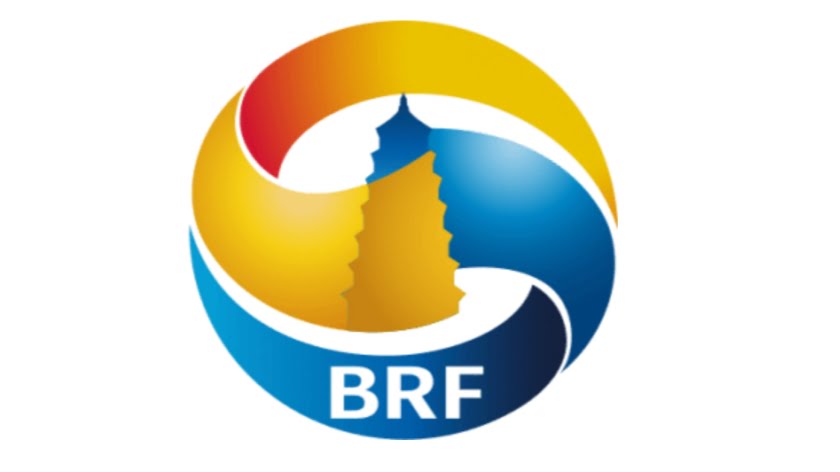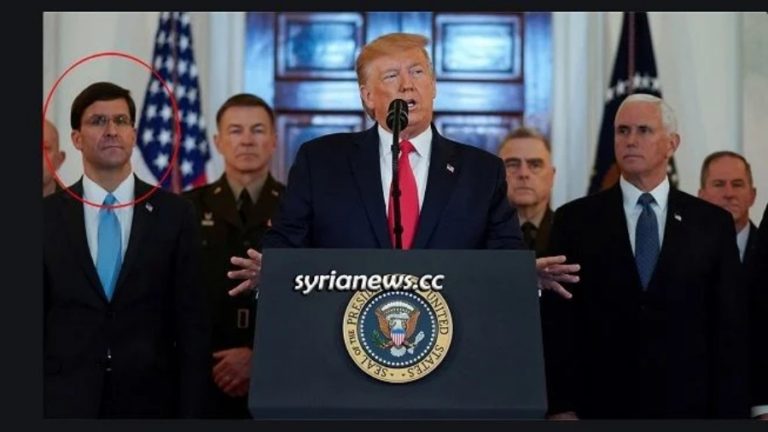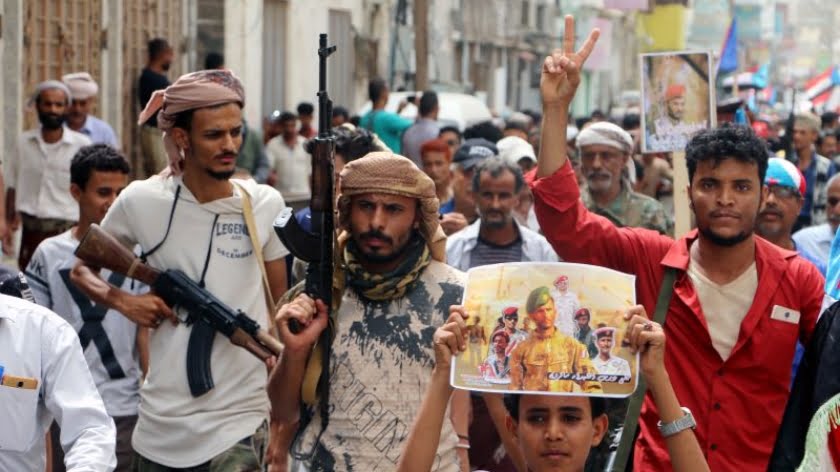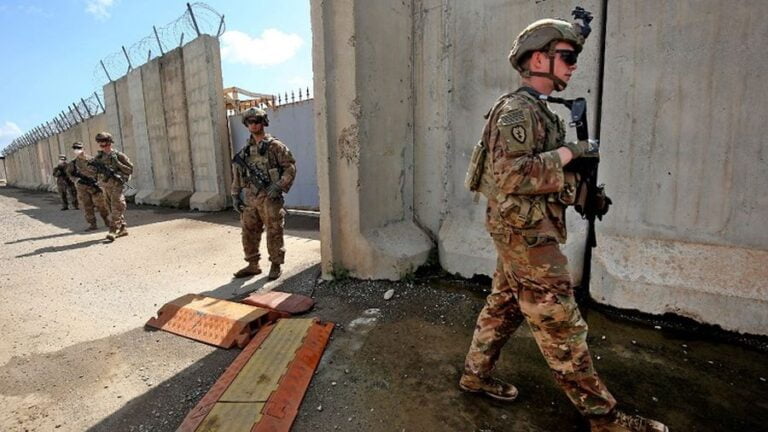Don’t Pout Just Because President Putin Didn’t Meet PM Khan at the BRI Forum
Pakistan’s Express Tribune quoted some unnamed diplomatic sources in a recent report claiming that it was the “biggest setback” and a “diplomatic failure” that President Putin didn’t meet with PM Khan at last week’s BRI Forum, but those emotional reactions don’t take into account the full context of Russian-Pakistani relations otherwise this non-event wouldn’t be perceived by them as a “snub”.
Cheer Up!
Scandals usually occur whenever something actually or supposedly happens, and it’s rare for them to be created when the opposite takes place and something doesn’t in fact occur, but such is the case with the latest one surrounding the fact that President Putin didn’t end up meeting with PM Khan at last week’s BRI Forum. It’s true that many people were hoping that the two leaders would have their first face-to-face meeting at that time, even if it was only a brief and casual one in passing on the sidelines of the event, but just because it didn’t happen doesn’t mean that there’s any cause to worry about the state of their incipient strategic partnership. Nor, for that matter, should their non-interaction be described as the “biggest setback” and a “diplomatic failure” by the unnamed diplomatic sources who were quoted in a recent report by Pakistan’s Express Tribune. Taking into account the full context of Russian-Pakistani relations, it actually makes sense in hindsight why such a meeting didn’t take place and therefore shouldn’t be perceived as a “snub” by President Putin.
Meetings Galore
To explain, the Russian leader was extremely busy at the the two-day event, which he was attending immediately after his first-ever meeting with North Korea’s Chairman Kim that he obviously had to prepare himself well in advance for. Add to it that he was already scheduled to meet with Chinese President Xi, Azerbaijani President Aliyev, Serbian President Vucic, Egyptian President Sisi, Cypriot President Anastasiades, and Myanmar State Counsellor Suu Kyi, as well as give a keynote speech and then hold a press conference. Each of the aforementioned meetings required a lot of prior preparation just like the summit with Chairman Kim, and they obviously would have taken a physical toll on President Putin after engaging in so many of them in such a short period of time. Given the amount of attention that he devoted to each of them, it might have even been considered “cheap” and “disrespectful” to only share a few comments for a couple seconds with PM Khan on the sidelines of the forum while spending much more time meeting with leaders of much smaller countries.
Russia’s Afro-Eurasian Strategic Partnerships
Before any readers overreact to this observation, it should be said that all of those countries whose leaders President Putin met with are already Russia’s established strategic partners in various spheres and aren’t new ones that his government is only beginning to cooperate with like Pakistan is. For example, China is Russia’s top strategic partner and the two Great Powers share complementary visions of Eurasian integration, while Azerbaijan is important to Russia because of its role in the Nagorno-Karabakh conflict with Moscow’s mutual defense partner Armenia. Serbia is Russia’s civilizational cousin in the Balkans and Egypt is an important Soviet-era military partner that is once again turning towards Moscow. Cyprus, despite its tiny size, has a disproportionate importance for Russia when it comes to offshore banking, tourism, and the overall interests of its influential oligarchic class. Myanmar, meanwhile, cooperates with Russia in the military and energy realms. It’s therefore not surprising that President Putin prioritized meeting with their leaders instead of with Pakistan’s.
The Indian Factor
That said, Russian-Pakistani relations are indeed improving and are presently at their best-ever level in history as a result of the two sides’ identical positions on Afghanistan nowadays, their joint anti-terrorist cooperation with one another, and the interest that Russia has in entering into developing Pakistan’s energy industry. These significant achievements shouldn’t be downplayed, but their full context should nevertheless remain in mind. Russia’s “Return to South Asia” isn’t just about Pakistan, of course, but involves the entire region and especially its Soviet-era partner India. Moscow receives billions of dollars of much-needed revenue from New Delhi as a result of their military and nuclear energy cooperation, and Russia needs to be cautious about how openly it embraces Pakistan out of fear that India will politicize its mutually beneficial deals with Moscow and threaten to replace them with Western ones if it feels deliberately snubbed. India boycotted the BRI Forum, so President Putin meeting with PM Khan there would have been very scandalous and put pressure on Modi to asymmetrically respond given the sensitive context of his country’s ongoing elections.
Avoiding Negative Scenarios
Since Russian-Pakistani relations have yet to mature to the point where they take on the same significance as the ones that Moscow has with the other countries whose leaders President Putin met with, it makes sense why it was better to not even have a brief public interaction between the Russian and Pakistani leaders, which could have provoked Modi to replace some Russian deals with Western ones in order to “save face” during the elections and could have also been spun as “disrespectful” and “cheap” by PM Khan’s foes considering the much larger amount of time and attention that President Putin devoted to the leaders of smaller countries. Considering this, it can actually be argued that it’s not all that bad that the two leaders didn’t meet because the forces that are fiercely opposed to their incipient strategic partnership could have exploited the optics of their theoretical interaction in that very sensitive context in order to put pressure on both of them to scale it back or face the consequences.
The Path To A Putin-Khan Summit
That’s not to say that they won’t ever meet, but just that the BRI Forum probably wasn’t the best venue in hindsight. It would be a significant development in bilateral relations if President Putin met with PM Khan sometime in the future, though it must occur at the proper place, time, and context in order to maximize its strategic impact and minimize the adverse effect that it could have on the very lucrative Russian-Indian Strategic Partnership. As such, the most realistic prospects for such a summit would be for either PM Khan to visit Moscow or for President Putin to visit Islamabad ahead of a visit to New Delhi immediately afterwards, but the Russian side would probably require the clinching of a major deal in order to make the public meeting worth it for them. Should the two reach a multibillion-dollar agreement on arms shipments like they’re reportedly in the process of negotiating, then PM Khan could come to Moscow to seal the deal, while President Putin could come to Islamabad if the $10 billion memorandum of understanding on a Russian-built Iran-Pakistan-India pipeline comes to fruition.
Concluding Thoughts
There were admittedly very high hopes that President Putin would at the very least share a few brief words in passing with PM Khan on the sidelines of last week’s BRI Forum, but looking back on it and reflecting on the very sensitive context in which this interaction would have taken place, it no longer seems to be the “biggest setback” or “diplomatic failure” that The Express Tribune’s sources initially described it as. India, which boycotted the event, would have felt compelled in its current electoral context to overreact by possibly politicizing some of its multibillion-dollar deals with Russia, thereby forcing Moscow to break its “balancing” act and choose between it and Islamabad, a choice that it would prefer not to make. In all likelihood, Russia would have probably gone with its lucrative partner over its new one and thus been forced to slow down its strategic partnership with Pakistan if it still wanted to receive much-needed sanctions relief from India through its military and nuclear deals, but since that scenario was wisely avoided, Russian-Pakistani relations can continue without a hitch.
By Andrew Korybko
Source: Eurasia Future







